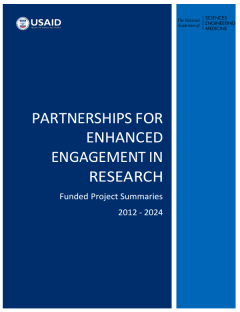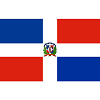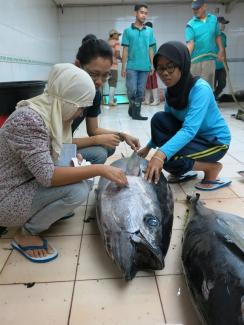Partnerships for Enhanced Engagement in Research (PEER) is an international grants program that funds scientists and engineers in USAID partner countries who collaborate with U.S. government-funded researchers to address global development challenges.
Since its launch in 2011, the PEER program has supported global research partnerships that achieve advancements across the full spectrum of discovery, from building new knowledge to piloting and scaling game-changing breakthroughs. PEER lead researchers are based in USAID partner countries, and work in tandem with U.S. Government funded researchers.
PEER not only catalyzes collaborative research and elevates the use of science and technology to further USAID’s development objectives, but also builds scientific research capacity and enables collaborators to become better partners in development. By working with diverse partners through this program, the Agency is able to stay on the forefront of science and technology, incorporate breakthrough innovations, and apply the best tools to address emerging priorities. PEER has supported more than 400 scientists in over 50 countries.
The PEER program is implemented by the National Academies of Sciences, Engineering and Medicine (NASEM). The partner federal agencies include: U.S. Department of Agriculture (USDA), the Smithsonian, National Oceanic and Atmospheric Administration (NOAA), National Aeronautics and Space Administration (NASA), National Institutes of Health (NIH), U.S. Geological Survey (USGS), and the National Science Foundation (NSF).
For more information about the PEER program, visit: nas.edu/peer.

PEER Project Funded Summaries 2012-2024
Women in Science Mentoring Program
The PEER Women in Science Mentoring Program supports women STEM (Science, Technology, Engineering, and Math) researchers in USAID partner countries to help them achieve personal and career development. Cohorts consisting of a senior woman faculty member and two to four junior faculty go through a 12-month professional development program. Mentees learn about topics such as mentoring for career success, networking, negotiation, communication skills, publishing research, and applying for research awards. The goal is to increase the number of women faculty in the STEM fields and provide women scientists skills that will allow them to remain in the scientific workforce.
Learn more about the program:
- 2019 Cohort - https://sites.nationalacademies.org/PGA/PEER/PGA_184663
- 2020 Cohort - https://sites.nationalacademies.org/pga/peer/pga_196024
10th Anniversary
In 2021, the PEER program marked its 10th year of supporting global research collaborations. Read about the program’s impacts in various countries:

Learn about the impact of PEER: https://www.nationalacademies.org/resource/peer-10th-anniversary

Gusti Mahardika, Universitas Udayana (Indonesia)


